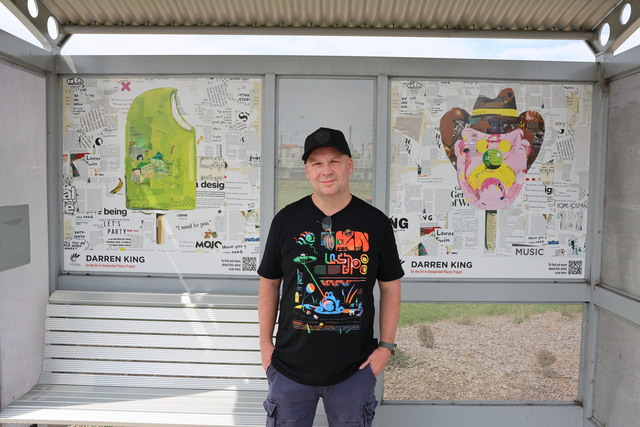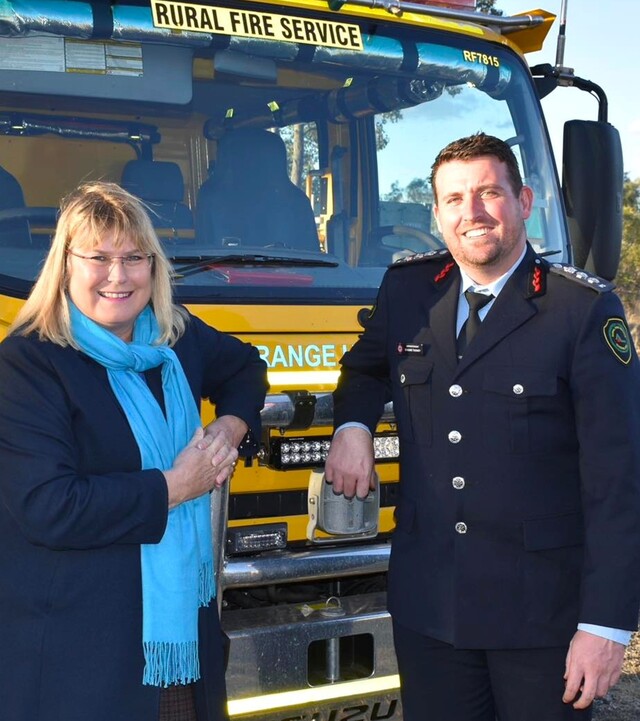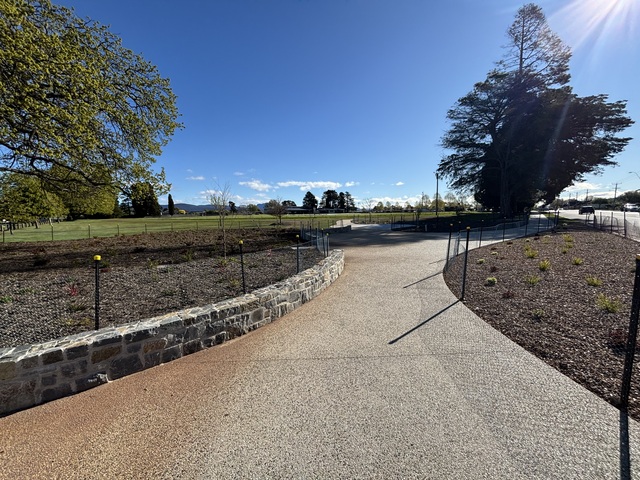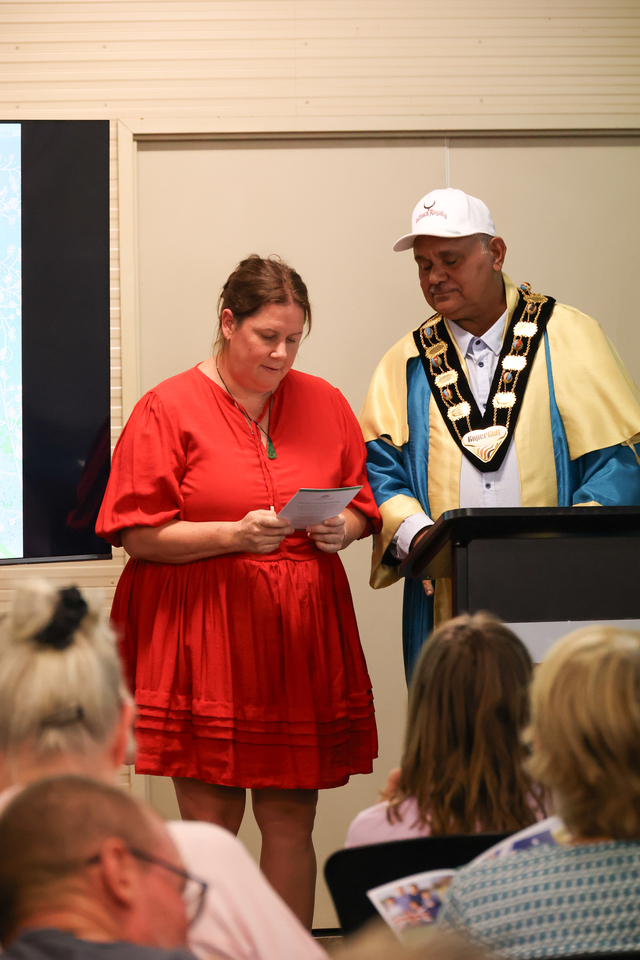The Good Oil by Rod Brown*
There is a distinct shift in Federal industry and regional funding arrangements, and it has major implications for local councils in Australia.
To explain, Australia’s industries and regions are now exposed to the full forces of global competition. To compete, we have to deliver on ‘price – product – performance’, as the Japanese used to lecture us.
But we are not cost competitive in most engineering based industries (motor vehicles, metal fabrications, whitegoods) or textiles, clothing, ICT or even biotechnology. This means we have to concentrate on product and performance, by concentrating on design, quality, smart global alliances and the like.
By the time you are reading this, Industry Minister Carr will have hopefully delivered an industry statement in the May Budget context that shows the way forward. But leaving things to the Feds to lead is fraught with problems because they haven’t tumbled to the importance of ‘place’, and the silo mentality in Canberra will forever block collaborative agendas.
The international agencies – the OECD, World Bank, UN agencies and so forth – are stressing the importance of localised effort to build milieux of competitive capability. They are emphasising the need for connections between infrastructure, researchers, companies, local councils, universities and support agencies.
And the UK, Italy, France, Sweden, Spain, Japan and Canada are busily devolving programs and budgets to facilitate these processes. As a result, regions like Catalonia, Yorkshire and Alberta are assuming international credibility as places to invest and do business.
Closer to home, we have the growth corridors and trade zones of Malaysia, Thailand, China, India and Korea.
Such points of alignment are very relevant to you and your council area because in an increasingly rationalist world, cities and towns have to create their own competitive advantage.
I believe Minister Carr has subconsciously recognised this because he is quietly funding industry centres and hubs around Australia including a mining technology centre in Mackay, a creative industries hub around UTS in inner Sydney, a defence hub in Dandenong and a clean energy centre in Newcastle.
The concept of ‘localised capability and competitive advantage’ can equally apply to social and environmental projects.
Councils are therefore well advised to ponder the following:
- The Feds are currently
announcing a spate of local infrastructure spending,
such as $2.4 million
for a 15 hectare ecotourism
precinct on the Swan River,
and $910,000 for a Marine
Discovery Centre at Bondi
Beach. This is smart,
because the expenditure
aligns with local
competitive advantage. - The Jobs Fund is providing
another tranche of
expenditure ($650 million)
right now. - The Building Australia
Fund will eventually roll
out like a latter day Super
Auslink program, and the
city suits will be looking for
local competitive
advantage, critical mass
and alliance partners.
I am excited by the potential for our members to use the ‘competitive hub’ concept to get some very worthy projects off the ground.
Indeed, my crystal ball shows real potential for:
- international aid hubs –
Cairns, Darwin - food value adding hubs –
northern Adelaide - ecotourism corridors – East
Gippsland, Central
Highlands (Victoria),
Darling Ranges• logistics hubs – Parkes,
Shepparton, Ipswich - historical tourism and
lifestyle hubs – Braidwood,
Chiltern - environmental management
hubs – eastern Adelaide,
Sunshine Coast - Indigenous arts and culture
hubs that actually work –
Wilcannia, Broken Hill - recreation, health and
social service hubs – Wee
Waa, Port Macquarie, Port
Augusta.
Progressing these possibilities is way beyond getting a gopher to write a funding application. Contact us for further details.
Dealing with Canberra – Tip No. 9 ‘Beware the Cardigans’
Our series of Top 10 Tips is drawing to a close.
Our ninth tip is to look for the proactive, outcomes focused officials.
Unfortunately, the Howard years punched the stuffing out of a lot of good Federal officials, and Kevin Rudd isn’t giving them much time to think creatively and expansively. But there are positive signs.
A cardigan is a person who arrives at work at 8.30am, makes a cup of tea, turns on his/her computer, and spends the first hour answering non work emails, and then spends most of the day drafting budgets, strategic plans and letters to constituents for the Minister to sign that explain why a course of action is not possible.
They eat a homemade salad at their desk, attend a training session on corporate ethics in the afternoon and leave the office at 4.51pm.
The person you need to find is the antithesis of the cardigan.
He or she works odd hours, is inspired by making Australia a better place, looks for solutions, thinks outside the square, gets out of Canberra, debates company executives, union leaders, greenies and farmers, and takes calculated risks.
Stop laughing, they do exist.
Lessons from past recessions… McKinsey
McKinsey & Co recently looked at the performance of US companies during the four latest recessions, and concludes that the current recession is following certain patterns.
- All recessions began with
falling sales in the
consumer discretionary
sector. Energy is usually
the last to be hit. Consumer
staples and healthcare are
fairly resistant to
recessions. - Sectors contracted much
more quickly than they
recovered. Recovery from
the early ’80s recession took
almost a decade. - Share prices decline either
before or just as a recession
starts. They rise in step near
the end of a recession. - The recovery is led by
higher consumer
discretionary and IT
spending.
You’re not that desperate, Anthony!
On 23 April, the Federal Minister for Infrastructure Anthony Albanese put out a press release indicating, “I am pleased to announce the Rudd Labor Government will invest $68,000 to fix a dangerous black spot in Ashburton in the Federal seat of Higgins…” Now Ashburton is a pretty suburb in Melbourne, but why would one of the nation’s political leaders go into print about such a piffling amount for a pedestrian crossing? It demeans his status. We are putting it down to an overzealous press secretary, but cynics say it’s further evidence of the politicisation of necessary infrastructure funding.
*Rod Brown is a Canberra-based consultant specialising in industry/regional development, investment attraction, clusters and accessing Federal grants. He also runs the Cockatoo Network. He can be contacted at apd@orac.net.au or phone (02) 6231 7261. Go to our blog at www.investmentinnovation.wordpress.com for 550+ articles on issues relevant to Local Government.







